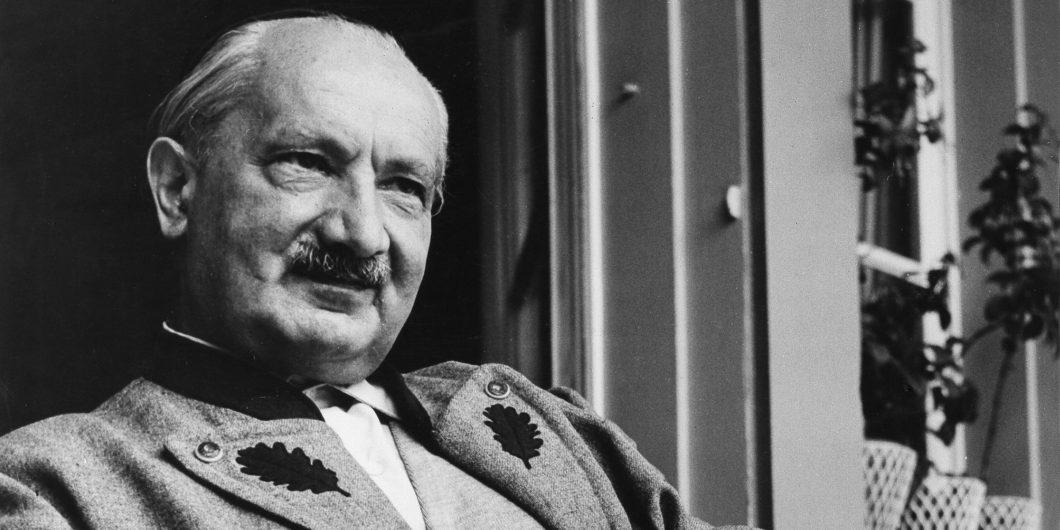Sublime
An inspiration engine for ideas
In Thus Spoke Zarathustra, Nietzsche’s most famous character, having spent his life in the mountains, concludes: “Happiness? Why should I strive for happiness? I strive for my work.”
John Kaag • Hiking with Nietzsche: On Becoming Who You Are
His position also led him into personal betrayals. Among the new regulations of April 1933, which Heidegger had to enforce and maintain, was one removing from public and university posts all those whom the Nazis identified as Jews. This affected Husserl: although he was retired, he lost his emeritus status and the associated privileged access to un
... See moreSarah Bakewell • At the Existentialist Café: Freedom, Being, and Apricot Cocktails with Jean-Paul Sartre, Simone de Beauvoir, Albert Camus, Martin Heidegger, Maurice Merleau-Ponty and Others
Why is it that in
Dietrich Bonhoeffer • Letters Papers From Prison
Wittgenstein was hostile to modern philosophy as he found it. He thought it the product of a culture that had come to model everything that matters about our lives on scientific explanation. In its ever-extending observance of the idea that knowledge, not wisdom, is our goal, that what matters is information rather than insight, and that we best ad
... See moreLudwig Wittgenstein | Footnotes to Plato | Wittgenstein's Relentless Honesty
whereas the “Es muss sein!” of his love for medicine was internal. So much the worse for him.
Milan Kundera • The Unbearable Lightness of Being
Marilyn souhaita s’inscrire en doctorat de littérature comparée à l’université Johns-Hopkins. Sa candidature fut acceptée, et elle travailla sous la direction de René Girard, l’un des plus éminents universitaires français de son temps. Elle choisit pour sujet de thèse le mythe du procès dans les œuvres de Franz Kafka et Albert Camus, et, poussé par
... See moreIrvin Yalom • Comment je suis devenu moi-même (French Edition)
La découverte de la philosophie, vers l’âge de dix-sept ans, va l’aider à se libérer définitivement de la morbidité de la religion. Il est ébloui par la pensée de Schopenhauer, puis davantage encore par celle de Kant. Cette évolution philosophique « eut pour conséquence de bouleverser totalement mon attitude envers le monde et la vie : si j’étais a
... See moreFrédéric Lenoir • Jung, un voyage vers soi (French Edition)
The Destructive Impact of Cultural Heideggerianism – David P. Goldman
lawliberty.org
Nothing Absolute: German Idealism and the Question of Political Theology (Perspectives in Continental Philosophy)
amazon.com